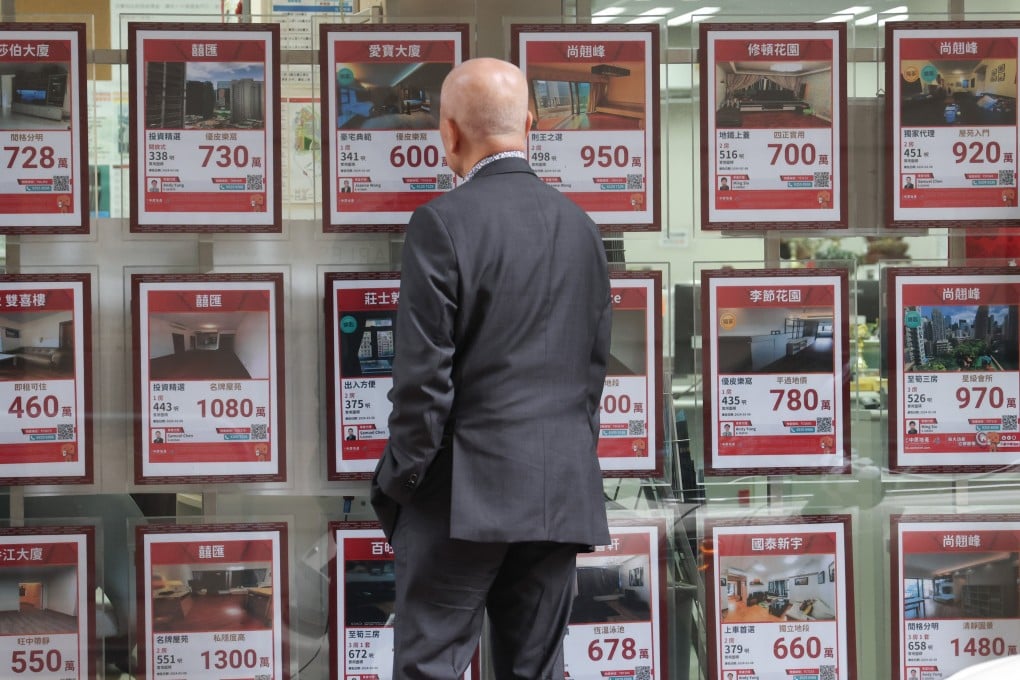Advertisement
Opinion | Hong Kong financial secretary’s hands were tied – but he got at least one thing right
- With many negative factors weighing on the economy, Financial Secretary Paul Chan had little wiggle room
- The scrapping of property market cooling measures was a good move given the knock-on effect on the economy of falling home prices and the sector’s importance to the economy
Reading Time:4 minutes
Why you can trust SCMP
3

Financial Secretary Paul Mo-po Chan had few palatable options before him when he drew up the 2024-25 budget.
Advertisement
The government has been running a fiscal deficit almost every financial year since 2019, and the forecast deficit for 2023-24 would have widened to HK$173 billion (US$22.1 million) but for a bond issue of HK$72.5 billion. Measures to balance the budget, whether cutting back on welfare expenditure or raising taxes, are sure to generate a substantial backlash from a public accustomed to low taxation and generous handouts.
To raise revenue, the government had toyed with the idea of introducing new taxes, but backed off given the adverse market reaction. Even after Chan ruled out introducing a capital gains tax on January 17, the Hang Seng Index still experienced a steep decline that day as his clarification was seen as being not categorical enough.
Raising government fees and charges on a “user-pays” basis had also been floated. Water and sewage charges, and more, are indeed long overdue for an increase. But any such increase is bound to hit the grass roots hardest, and raise business costs at a time when the economic recovery is fragile.
Chan trod extremely carefully and he confined tax increases to limited items – a modest increase in business registration fees by HK$200, a 1 per cent increase in salary tax for an estimated 12,000 taxpayers whose net income exceeds HK$5 million, a progressive rating system for domestic premises from the fourth quarter of 2024-25, and resumed collection of the hotel accommodation tax, at a rate of 3 per cent, effective next year.
Advertisement
Altogether they are estimated to generate no more than HK$3.16 billion in the coming year, a pittance compared to the forecast deficit of HK$143 billion before bond issuance. Chan cannot be faulted for reckless tax hikes that could rock the boat.

Advertisement
